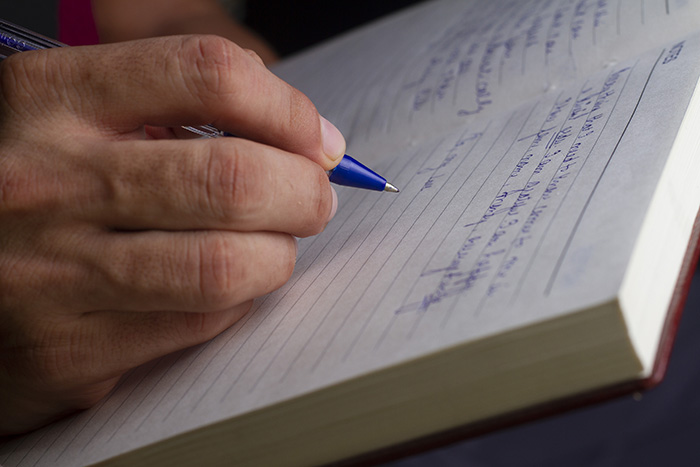From Psychology Today:
“Flow is a cognitive state where one is completely immersed in an activity — from painting and writing to prayer and surfboarding. It involves intense focus, creative engagement, and the loss of awareness of time and self.
“The process of flow was discovered and coined by the Hungarian American psychologist Mihaly Csikszentmihalyi. In the 1960s, Csikszentmihalyi studied the creative process and found that, when an artist was in the course of flow, they would persist at their task relentlessly, regardless of hunger or fatigue.”
The best way of explaining this phenomenon I ever heard came from my young son when he was telling his mother how he engaged in playing youth hockey: “I practice with my head, but I play with my heart.”
When it comes to writing, this is a state of mind and work that I strive to achieve. I am not always successful, but when I do, my work is much better. Why? Because my creative capacities and my invented fiction merge in such a way that I am embedded in the characters and plot, even as I create the story. It is here that intuition takes over in the best way.

While it’s all very well and good to talk about intuition, you need to train your brain to get it to its best intuitive place. How?
You need to read a lot. A whole lot. The study of fiction (in a formal way) doesn’t hurt, but what you want to do is embed the sense of story and fiction in your very being. You want to make reading the way you think. That way you are reading what you are writing so that it reads well. Hence, my own mantra, “Writers don’t write writing, they write reading.” In other words, when you get into the flow of writing, you are writing what becomes easy to read, absorb, visualize, and grasp. You write well.
The second thing you need to try to do is become so engaged with your characters that you enter into their way of thinking and doing. That way, in any given plot situation, you can intuitively set down their responses, both physical and verbal.
Then, too, you need to immerse yourself in the place — the physical world — in which your story unfolds. That’s not just terrain, but hot and cold, dry or wet. Does your story take place in an office, a home, or in a jungle?

That’s why I also encourage would-be writers to write what they enjoy reading. It’s all very well to study the publishing world and learn trends, fashion, what is and what is not selling, but what you know best is what you enjoy most. And enjoyment is in many ways a critical way of reading. For example, you pick up a book that you think you will enjoy, only to discover that it is not enjoyable. That’s critical reading at its most basic.
Trust me, it’s very hard to write a book you don’t enjoy. On the other hand, if you are writing a book you enjoy, you can have the energy and stamina to write and rewrite to bring it closer to your ideal.
If you think of writing as an art, as I do, note that in our education system, writing is the one art that is almost universally taught in schools. And while reading is also taught, learning to read for pleasure is often not taught, or even allowed. It’s almost like teaching the rules of a game, while not allowing anyone to play the game.
In summation: If you want to become a writer, I urge you not to write. Read.